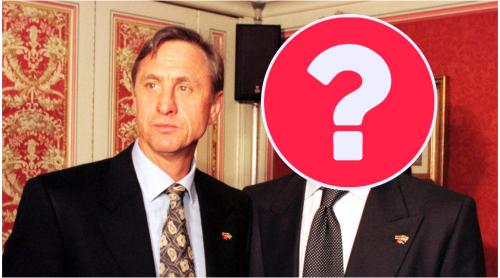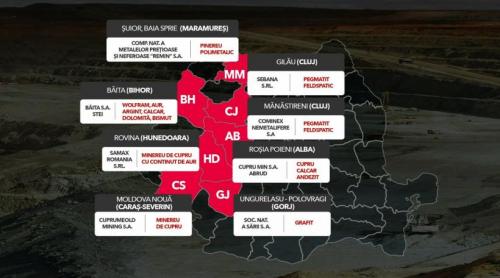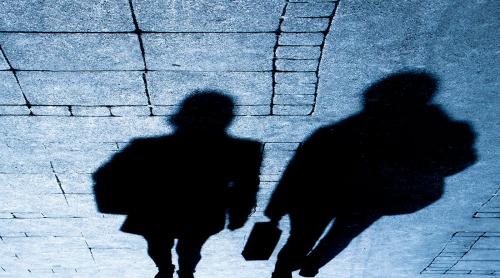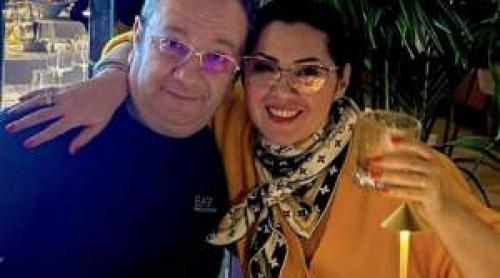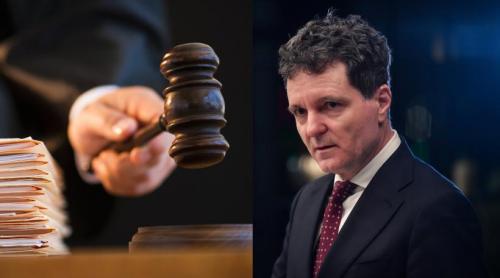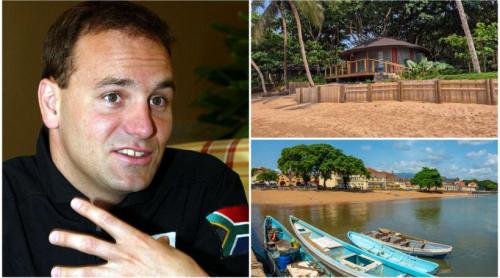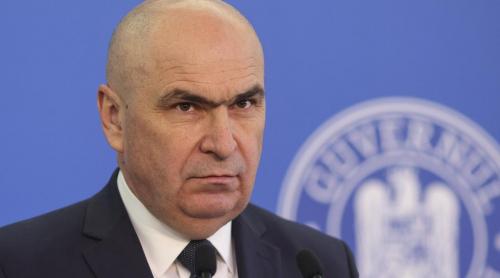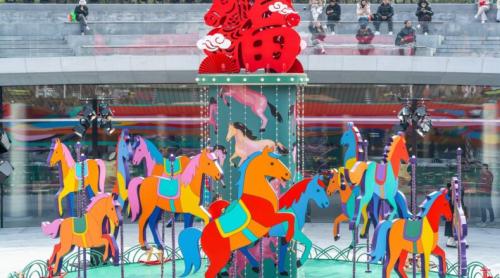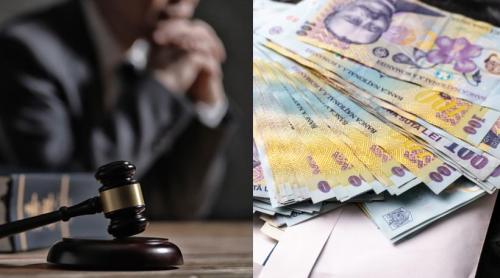
By MARY SLADEK
Letâs go back to Bucharest, 1994. Packs of dogs roam the streets. Unseasonably hot, thereâs no air conditioning. Many taxi drivers are from Moldova and navigate only with passenger direction.
Cell phones are non-existent and landlines scarce. Many times I pick up a ringing phone and hear nothing. Are we being watched? I wondered. My support of my husbandâs research into the Romanian Communist Party archives was a classic travel adventure.
My "trips" to and from Romania began in 1990. Vladimir Tismaneanu (my then future husband) moved to Washington, DC. Scores of visitors from Romania followed who stayed with us for dinner if not for days. I joked that weâd opened Hotel Bucharest, Washington. By summer 1991, Iâd stayed at the real Hotel Bucharest. Once a "parentless" toddler wandered into our room. Another time, I escaped knife-wielding, female pickpockets. While the Hotelâs maids sewed up my bag, I complained: "Iâve been to Egypt and Israel and lived a year in Poland: Romania is not East-Central Europe. Romania is Middle Eastern Europe."
In Spring 2004, I didnât revisit Hotel Bucharest, but itâs added a Casino (as have so many other hotels). Hotel Triumf, where we stayed with our son, Adam, doesnât have a casino. Still, on the first night, I ranted: "The hotel retains all the charm of 1970s really existing socialism!" But our accommodations at a former party hotel fittingly followed the launch in the United States of Vladimirâs Stalinism for All Seasons: A Political History of Romanian Communism (University of California Press). Happily, I show my 8-year-old that Triumf had a "Western" evaluation: the Letâs Go sign on the front door promised clean bathrooms.
Public lavatory cleanliness is an indicator of a society on an upswing. It was true for 1990s Poland and appears true for twenty-first century Romania. The Director of The Museum of the Romanian Peasant, Dr. Dinu C. Giurescu, explained that as soon as he took up his post he visited the museumâs toilets and ordered their modernization. The evidence of Dr. Giurescuâs leadership in the museum is remarkable. I reminisced with him about 1994 when docents followed me around switching lights on and off due to the shortage of light bulbs. Now, practices that are common in the US: formal classroom space, web pages in multiple languages, and community outreach are the norm. The Museumâs annual three-day "Palm Sunday" Fair showcases peasantsâ crafts and folk art. I purchased clay turtle whistles for Adamâs classmates from a craftsman dressed in peasant garb complete with a cell phone hanging around his neck. The museum has a modern look and feel and Romania is not far behind.
Mini-malls and small shops are everywhere, so Iâm stumped that some Bucharest natives canât tell me where to buy film. They offer to call a friend who might have some. Instead, I persuade my sister-in-law, Rodica, whoâs in Bucharest for the first time in years, to walk around our hostâs neighborhood. We find multiple shops. I buy film. Rodica changes money.
Adam is delighted to be a millionaire. Money with too many zeros, again reminds me of 1990s Poland. Our rented, pay-as-you-go cell phone calculates the time in dollars, but needs cards that cost several hundred thousand lei. I tell Vladimir: next visit put more money down at the airport, so we donât have to worry about phone cards. After failed attempts to reload the minutes and a couple kind English-speakers at Connex, I use the phone like a native. Later I regret adding minutes, when various reporters call to interrupt our trip to Brasov.
I want to give her and other young Romanians advice: study urban planning and economic development. New housing and restoration is rampant. Many apartment buildings are in desperate need of façade and elevator repairs. We visit friends who have built homes in the new suburbs, and find no street space exists for visitors to park. A few owners link private property to community development, but many owners wonât cooperate with their neighbors on the maintenance of common or public spaces.
Lech Walesaâs comments about 1990s Poland describe Romania today: Communism turned the nationâs fish tank into fish soup and democracy must reverse the process. Romaniaâs tank is a quirky blend: past and future, feast and famine, fantasy and fear. Meanwhile in Bucharest a public clock counts down the days left before the nation joins the European Union. I listen as friends question Romaniaâs readiness for Europe: too much corruption, too much bullying by and bullying of journalists. I want to say: Remember 9/11? Remember 3/11? No one, no country is ever prepared for the future. Yet modernity or post-modernity or a resurgence of a vicious past arrives and thereâs not much to do except go with the flow, keep your head and spirits up, and avoid the undertow.
Citește pe Antena3.ro


